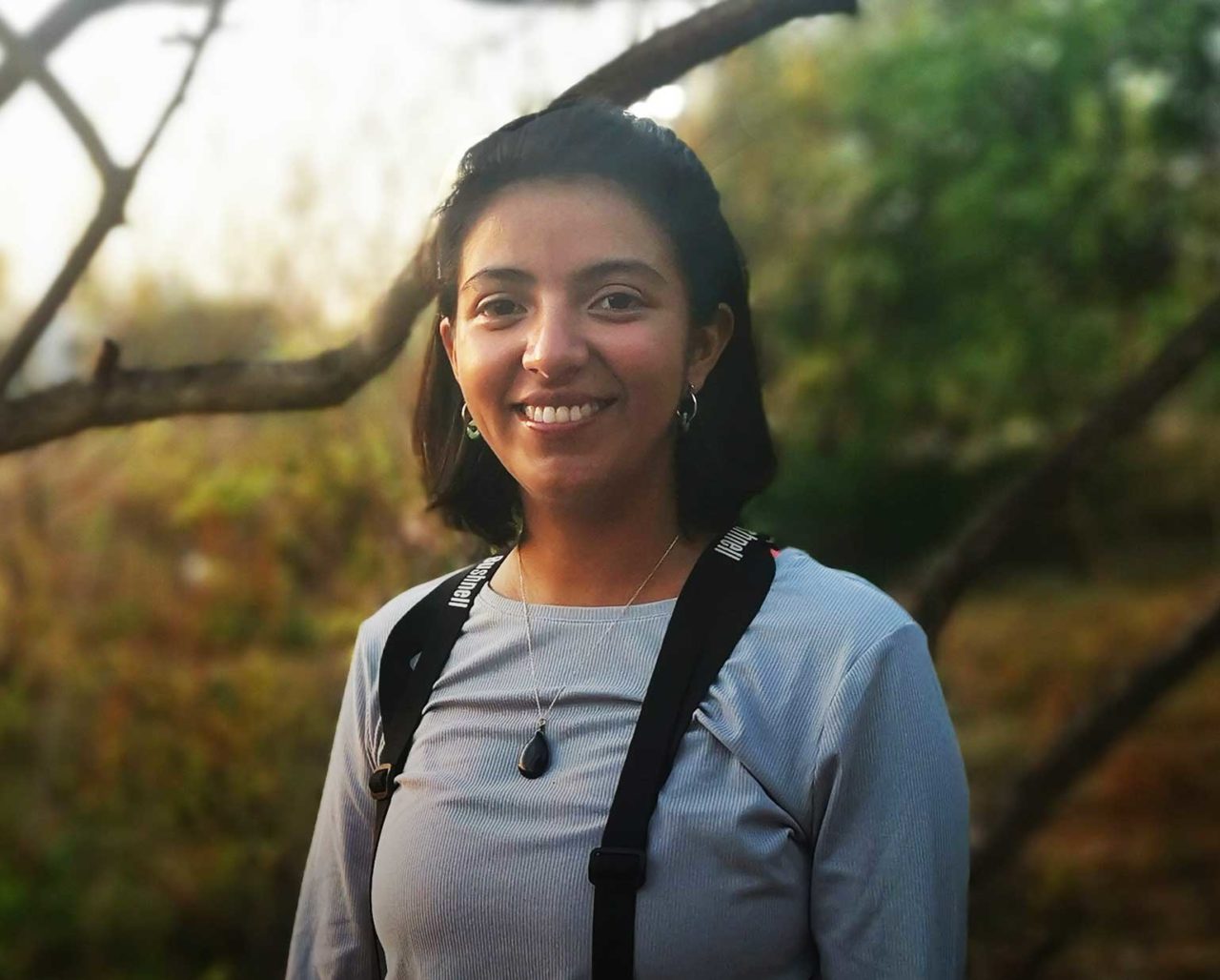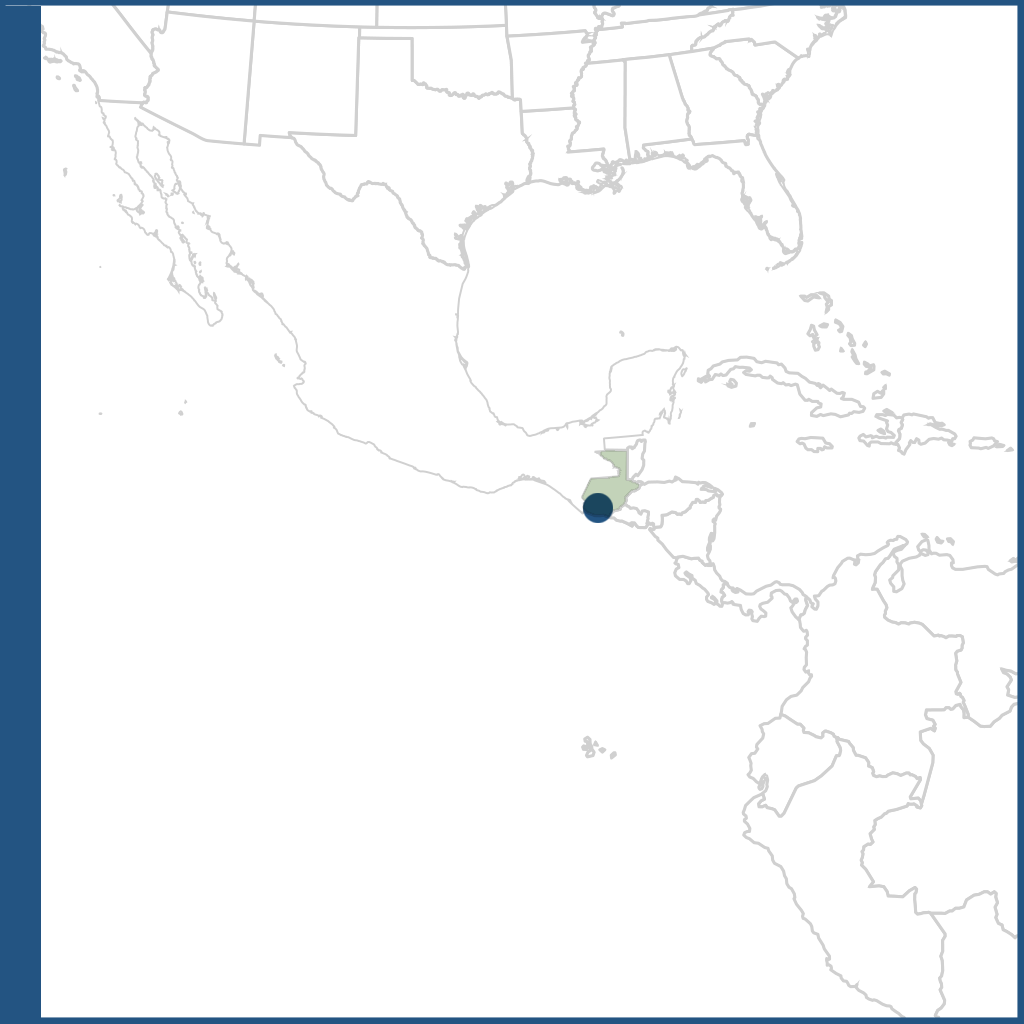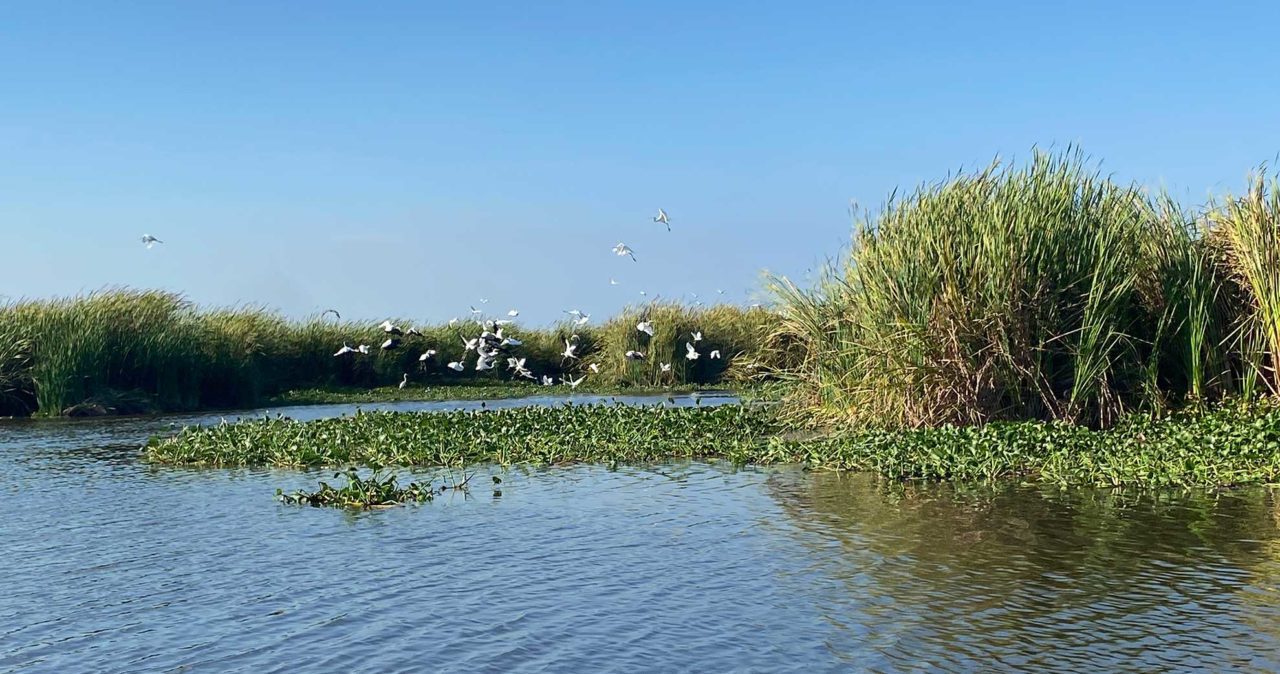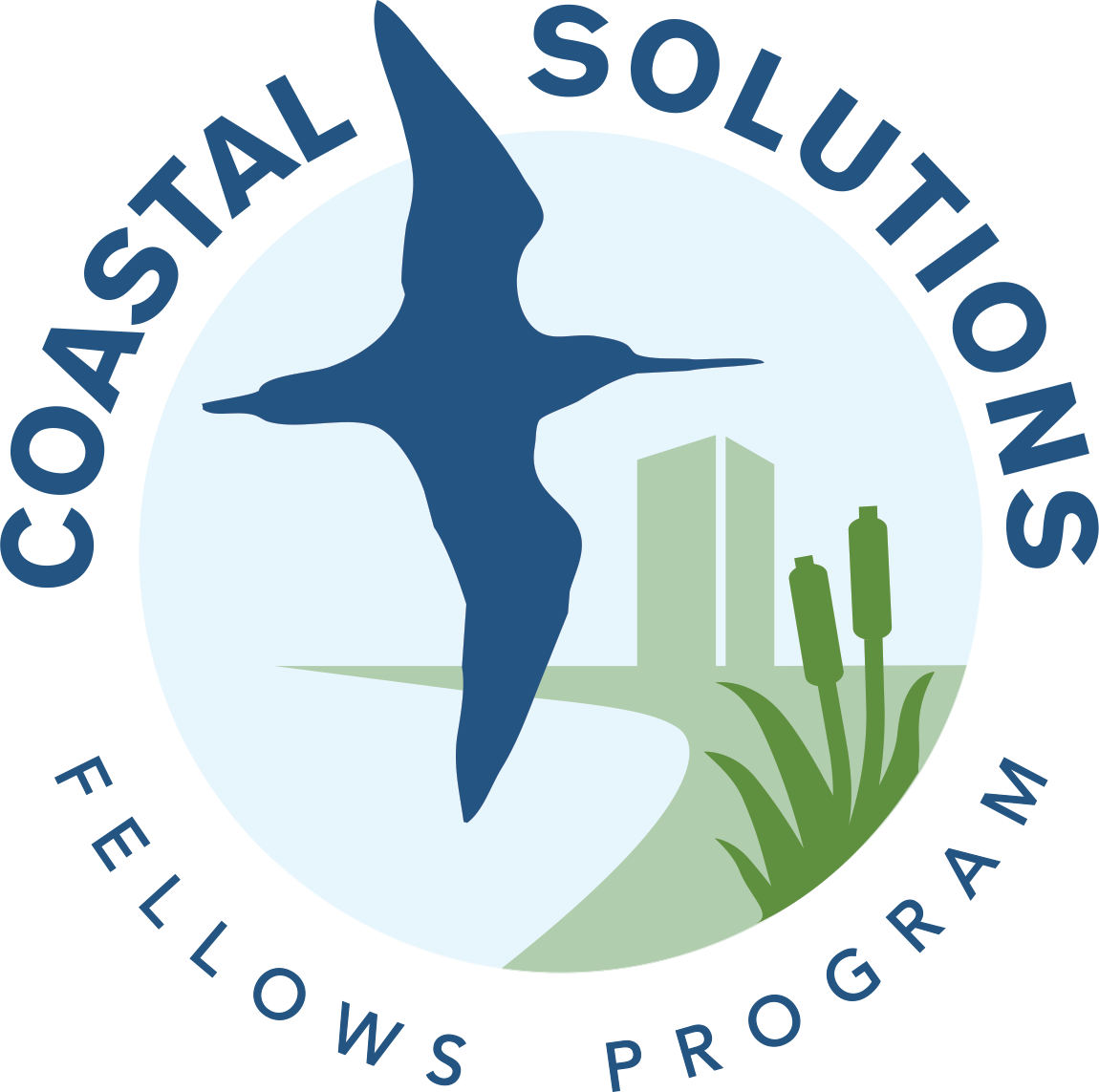María Schoenbeck

Resilient Ecosystems in Harmony with Sustainable Development and Shorebirds
Project Site: Monterrico-Hawaii, Guatemala
Sector: Academia
Discipline: Natural Resource Management, Ornithology, Hydrology, Coastal Engineering
Collaborators: Centro de Estudio Conservacionistas (CECON), Universidad de San Carlos; Consejo Nacional de Áreas Protegidas (CONAP); Instituto Nacional de Bosques (INAB); Asociación de Rescate y Conservación de Vida Silvestre (ARCAS); Consejo Comunitario de Desarrollo (COCODE).
Maráa de los Ángeles Schoenbeck is a biologist graduated from the University of San Carlos of Guatemala, currently working on her MSc in Marine and Coastal Sciences from the same university. In 2016 she started working with biological monitoring, especially with birds in different areas of Guatemala. María has been involved with the protection of the marine and coastal zone of Guatemala and the Mesoamerican Reef with different organizations, including NGOs, academia, and government agencies. In 2019, she participated as a fellow in the leadership program of the Mesoamerican Reef System (MAR) and she is a member of the Sustainable Ocean Alliance (SOA).
This proposal considers that the successful sustainable management of the mangrove ecosystem in Monterrico-Hawaii is key to increasing resilience against climate change. The Pacific coast of Guatemala is threatened by unregulated development, affecting the mangroves of the Monterrico-Hawaii corridor, primarily by economic activities such as salt and shrimp farms, tourism, logging and the ever-expanding agricultural frontier. Over 20 species of shorebirds have been reported in the area, including the Snowy Plover (Charadrius nivosus), listed as “near threatened” by the IUCN.

To protect this site, María with her partners is designing and implementing inclusive strategies with local communities, academia, government agencies and non-governmental organizations under a Nature-Based Solutions (NBS) approach, generating a governance framework at the same time. Additionally, she is leading a plan for the eco-hydrological restoration of the mangrove ecosystem in priority sites, to increase the connectivity and resilience of the region. The project also includes the design of pilot conservation mechanisms, including forestry incentives through payments for ecosystem services and community ecotourism in synergy with existing initiatives.
María de los Ángeles is mentored by Ana Morales, M.Sc. in environmental management with emphasis on conservation and management of natural resources. Ana has over 15 years of experience working on conservation initiatives across Guatemala, and currently she is the coordinator for the Monterrico Multiple Use Natural Reserve at the Center for Conservation Studies of the University of San Carlos. She has also been Advisor to the Ministry of Environment on the Implementation of the National Strategy on Biodiversity (NBSAP), coordinating activities with all sectors involved in the implementation of the strategy. Ana will support María de los Ángeles in designing and implementing nature-based solutions and in incorporating the restoration and conservation strategies into the management plan of the protected areas.

The cross-sectoral collaborator is Román Canul, a civil engineer with a Ph.D. in hydrology and coastal engineering, and Coastal Solutions Fellow of the 2020 cohort. Román has been leading coastal research projects in Mexico, including the characterization of geomorphological dynamics, climate vulnerability analyses and the design of eco-hydrological restoration strategies for coastal ecosystems. Other partners in the project include the National Council of Protected Areas of Guatemala (CONAP), the National Forest Institute (INAB), the Association for the Conservation and Rescue of Wildlife (ARCAS), and the Community Development Council (COCODE).

The Coastal Solutions Fellows Program builds and supports an international community to design and implement solutions that address coastal challenges across the Pacific Americas Flyway. Our main goal is to conserve coastal habitats and shorebird populations by building the knowledge, resources, and skills of Latin American professionals, and by fostering collaborations among multiple disciplines and sectors.
